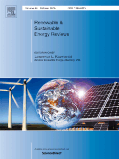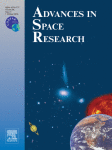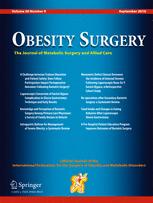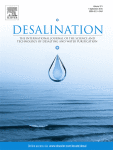 A renewable energy researcher who recycled material in several papers — and has already agreed to withdraw 10 studies — has lost another paper.
A renewable energy researcher who recycled material in several papers — and has already agreed to withdraw 10 studies — has lost another paper.
In January, we reported that six of 10 papers flagged by an investigation into author Shyi-Min Lu have either been retracted or withdrawn. Now, Lu has lost another paper that was not among the previous ten — again, for reproducing figures from earlier works without seeking permission from original authors. This paper was on a hot topic: gas hydrates, considered to be a potential new energy source to replace oil in the 21st century.
The investigations into Lu’s work took place at the Industrial Technology Research Institute in Hsinchu, Taiwan, where he was formerly based, and the National Taiwan University, in Taipei, Taiwan, which fired Lu from his position at the university’s energy research center.
Here’s the retraction notice in Renewable and Sustainable Energy Reviews, issued last month: Continue reading Renewable energy researcher with troubled record loses another paper
 Climate scientists from the U.S. Department of Agriculture have withdrawn a study they wrote under eyebrow-raising pseudonyms.
Climate scientists from the U.S. Department of Agriculture have withdrawn a study they wrote under eyebrow-raising pseudonyms. With retraction notices
With retraction notices  Note: We are reprinting below an article
Note: We are reprinting below an article 




 Last month, researchers published a paper whose conclusions suggested that looking at Arctic sea ice in the autumn
Last month, researchers published a paper whose conclusions suggested that looking at Arctic sea ice in the autumn